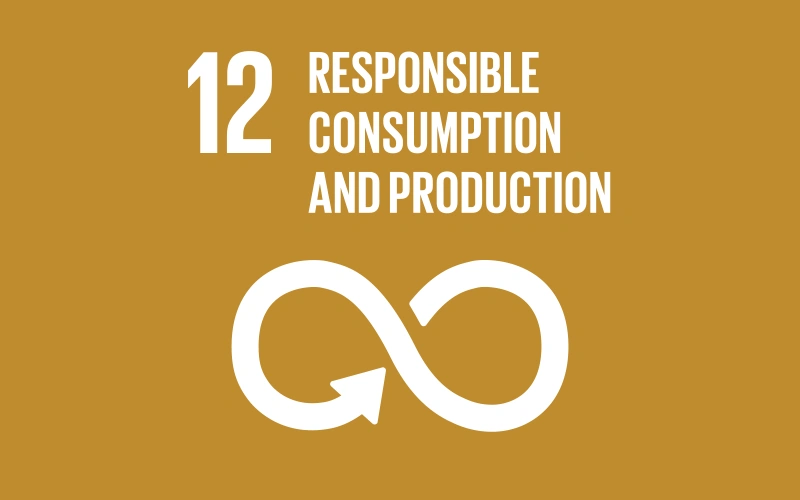Our planet possesses a wealth of natural resources. However, our current consumption patterns far exceed the Earth’s capacity to replenish these resources. We must transition to sustainable consumption and production practices to mitigate the environmental damage we have caused.
The Targets
Everyone can contribute to achieving the Global Goals. Let us explore the eleven targets designed to ensure responsible consumption and production:- Target 12.1: Implement The 10-Year Sustainable Consumption And Production Framework: Implement the 10-Year Framework of Programmes on Sustainable Consumption and Production Patterns. All countries should take action, with developed countries leading the way, considering the development needs and capabilities of developing countries.
- Target 12.2: Sustainable Management And Use Of Natural Resources: By 2030, achieve the sustainable management and efficient utilisation of natural resources.
- Target 12.3: Halve Global Per Capita Food Waste: By 2030, reduce global food waste per capita by half at the retail and consumer levels. Simultaneously, diminish food losses throughout the production and supply chains, including post-harvest losses.
- Target 12.4: Responsible Management of Chemicals and Waste: By 2020, ensure the environmentally sound management of chemicals and all waste throughout their lifecycle. This includes adhering to agreed international frameworks and significantly reducing their release into air, water, and soil to minimise their adverse impacts on human health and the environment.
- Target 12.5: Substantially Reduce Waste Generation: By 2030, substantially decrease waste generation through prevention, reduction, recycling, and reuse strategies.
- Target 12.6: Encourage Companies to Adopt Sustainable Practices and Sustainability Reporting: Encourage companies, particularly large and transnational corporations, to embrace sustainable practices and integrate sustainability information into their reporting processes.
- Target 12.7: Promote Sustainable Public Procurement Practices: Promote public procurement practices that align with sustainability principles and national priorities.
- Target 12.8: Promote Universal Understanding of Sustainable Lifestyles: By 2030, ensure that all individuals have the necessary information and awareness to adopt sustainable development and lifestyles in harmony with nature.
- Target 12.A: Support Developing Countries’ Scientific and Technological Capacity for Sustainable Consumption and Production: Assist developing countries in strengthening their scientific and technological capabilities to transition towards more sustainable consumption and production patterns.
- Target 12.B: Develop and Implement Tools to Monitor Sustainable Tourism: Create and implement tools to assess the impacts of sustainable development in tourism, focusing on job creation and the promotion of local culture and products.
- Target 12.C: Remove Market Distortions That Encourage Wasteful Consumption: Rationalise inefficient fossil fuel subsidies that encourage wasteful consumption by removing market distortions. This includes restructuring taxation and phasing out harmful subsidies, where they exist, to reflect their environmental impacts. This should be done while fully considering the specific needs and conditions of developing countries and minimising potential adverse impacts on their development, ensuring the protection of the poor and affected communities.
Things You Can Do
- Support a Goal 12 charity: Every contribution, no matter how small, can make a difference!
- Support local businesses: Shopping, eating, and drinking locally keeps people employed and circulates money back into your community.
- Minimise packaging: Choose products with minimal packaging whenever possible.
- Embrace second-hand options: Consider buying used items instead of new ones.
- Support sustainable businesses: Research and choose to support companies with sustainable practices that minimise environmental impact.
- Reduce food waste: Utilise food sharing applications to donate surplus food and minimise food waste.
- Choose reusable alternatives: Opt for reusable bags, water bottles, and coffee cups to reduce plastic waste.
- Advocate for corporate responsibility: Join petitions and campaigns that call for businesses to adopt more sustainable practices.
- Stay informed: Follow local news and stay connected with the Global Goals online or on social media at @TheGlobalGoals.

